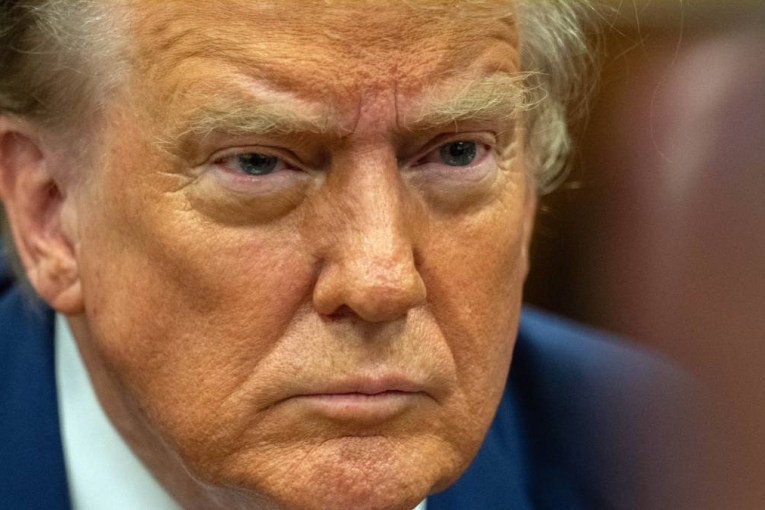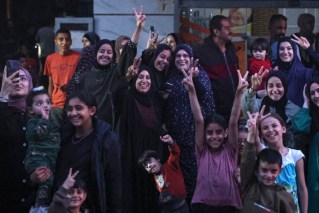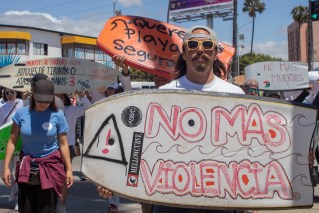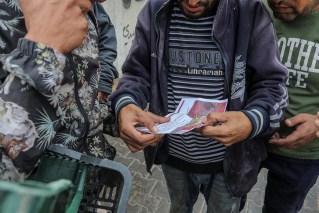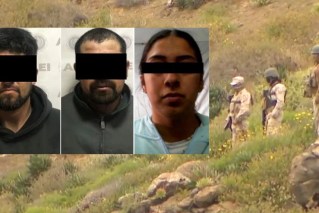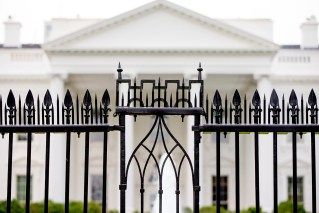Iraq attacks kill 41 as toll nears 6000
A bombing at a market north of Baghdad was the deadliest in violence that killed 41 people Thursday, as the year’s death toll topped 5,800 amid a surge in unrest.
The flare-up has prompted Baghdad to appeal for international help in fighting the country’s worst bloodshed since 2008, just months before its first general election in four years.
Officials have voiced concern over a resurgent Al-Qaeda, emboldened by the civil war in neighbouring Syria, which has provided the jihadist network’s front groups with increased room to plan and carry out attacks in Iraq.
Thursday’s violence came a day after a spate of attacks, most of them car bombs targeting Shi’ite neighbourhoods of Baghdad, killed 59 people and wounded more than 100 in Iraq’s highest death toll of the month.
Shootings and bombings struck in and around Baghdad and in Diyala, a restive ethnically mixed province north of Baghdad that has seen some of Iraq’s worst bloodshed in recent months.
In the deadliest attack, a car bomb went off at around noon local time in a fruit and vegetable market in the Diyala town of Saadiyah, killing at least 32 and wounding 40, officials said.
Saadiyah is populated mostly by Faylis, or Shi’ite Kurds, and lies in a tract of territory that Kurdish leaders want to incorporate in their autonomous region in the north, over the objections of the central government.
Militants frequently exploit poor communication between Kurdish and central government security forces to carry out attacks.
On November 14, a suicide bomber targeted a group of Shi’ite pilgrims in the town on the anniversary of the death of a venerated figure in Shi’ite Islam, killing 32 people.
Another blast in Diyala on Thursday killed one person, officials said, while shootings and bombings in and around Baghdad left six people dead.
Authorities in Diyala also found the bodies of a dozen residents snatched by kidnappers purporting to be members of the security forces.
The 12 were executed and their bodies thrown into a nearby river, reminiscent of targeted killings that were rampant during the worst of Iraq’s sectarian bloodshed in 2006 and 2007.
No group has claimed responsibility for the violence, but Sunni militants linked to Al-Qaeda often carry out such attacks, ostensibly to undermine confidence in the Shi’ite-led government and security forces.
“Their capability to conduct attacks has increased,” Deputy National Security Adviser Safa Hussein told AFP in a recent interview, referring to the Islamic State of Iraq and the Levant, an Al-Qaeda front group.
“By now they understand they can’t realise their ambition in establishing a state. Nor can they defeat the government.
“But they can work towards their goal in establishing indirect control in some of the areas, and making the state a failed state, which is a very good environment for them to flourish.”
The unrest is part of a surge in bloodshed that has pushed violence to its highest level since 2008, when Iraq was recovering from the worst of its Sunni-Shi’ite sectarian war.
More than 5,800 people have been killed so far this year, according to an AFP tally based on reports from security and medical officials.
Prime Minister Nuri al-Maliki has called for Washington’s help in the form of greater intelligence-sharing and the timely delivery of new weapons systems.
But diplomats and analysts say the government is not doing enough to address the root causes of the unrest, particularly frustration within the Sunni Arab minority, which complains of mistreatment by the Shi’ite-led authorities.
